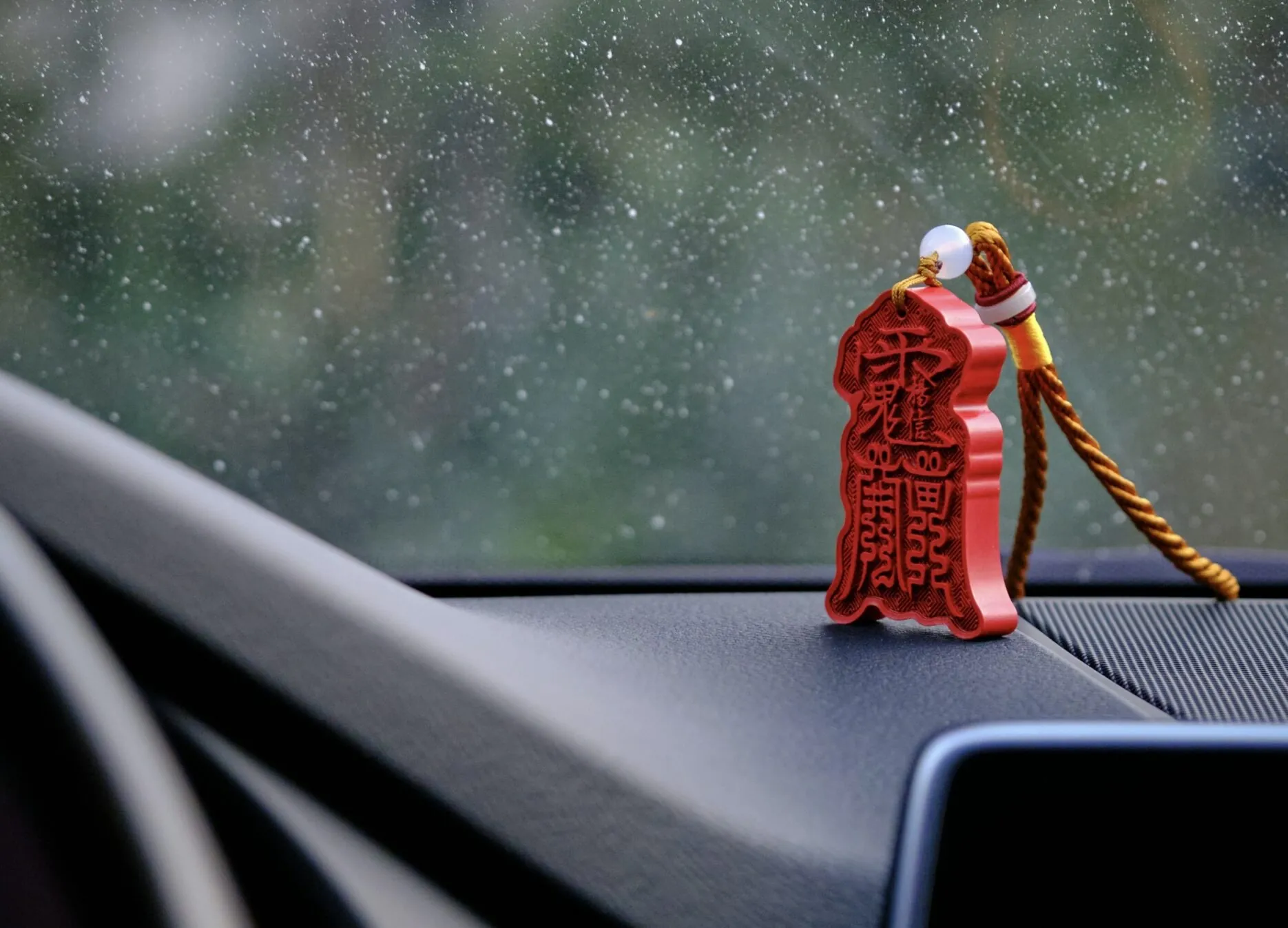We recently reported a Taoism-inspired “xuanxue” (玄学, metaphysics) boom among Chinese youth and Burger King’s collaboration with Taoist site Mount Longhu (龙虎山). With the trend of embracing traditional culture in China going strong among young Chinese consumers, many are seeking refuge in Taoism and its philosophy of nurture and holistic wellness.
Many young people are spending their free time at Taoist temples at Mount Qingcheng (青城山) or Maoshan Taoist Monastery to practice tai chi or baduanjin (八段锦). Some even use their free time to copy the I-Ching for peace of mind. Many young people in China are using Taoism as a “spiritual pain relief” when facing pressures from work, family or study.
“Xuanxue”, on the other hand, is still going strong with items and objects d’art with feng shui powers being preferred by both Gen Z and millennials. Gen Z, however, favour “guochao” items and AI divination, while Millennials embrace tradition, such as Guan Yu statues, consecrated decorations and even bagua mirrors. Brands are also using “xuanxue” as a marketing tool, from auspicious collaborations, teas inspired by the five elements, to temple collaborations.
Data from Grand View Research shows that the global spiritual healing market is set to reach 210 billion USD, with metaphysical healing making up over 35% of that. Searches in horoscopes, the four pillars of destiny (八字) and feng shui saw annual growth of over 30%. Young people are increasingly willing to pay for online courses in xuanxue and the aforementioned items. From offline “xuanxue” bars to AI divination by DeepSeek and even ChatGPT, xuanxue has become more than just a fad.




